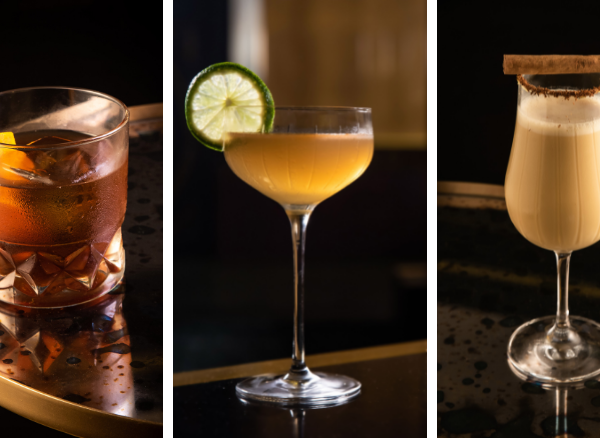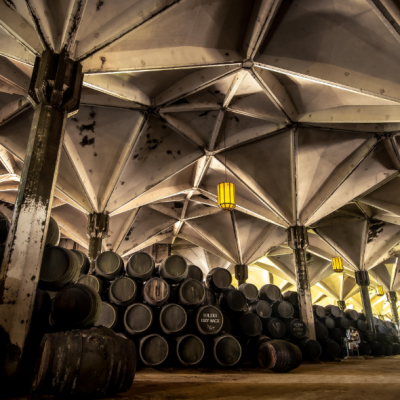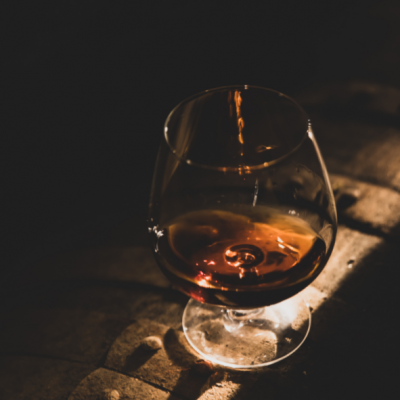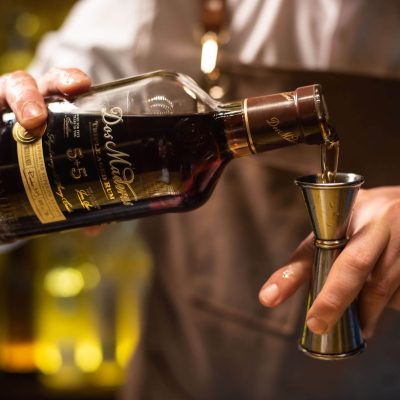09 Sep How is rum aged? Why rum is aged in barrels
How is rum aged?
Why rum is aged in barrels
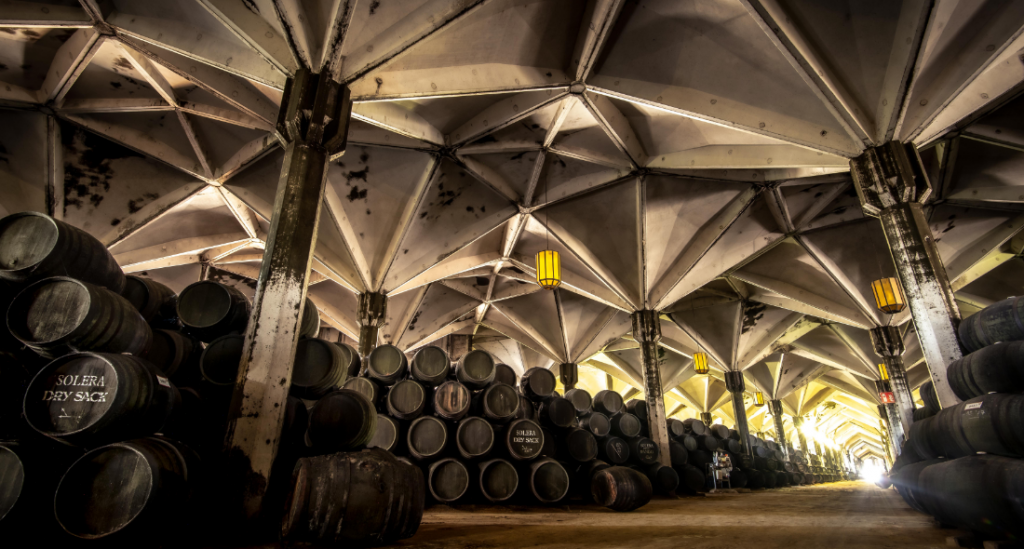
Two different types of rum - Light and dark rum
Rum is one of the most diverse spirits out there, made all over the world and using a variety of methods. Many countries have centuries of rum production heritage, while other contemporary producers are pioneering new and exciting techniques.
While rum gets some of its characteristics from the sugarcane used to make it, there are various other factors that influence its flavor. One of the major factors is whether it is aged, and the methods used to age it. How producers go about ageing light rum, if at all, is different to the ageing of dark rum. This is the primary thing that influences the difference between dark and light rum.
Why barrels are used for rum aging
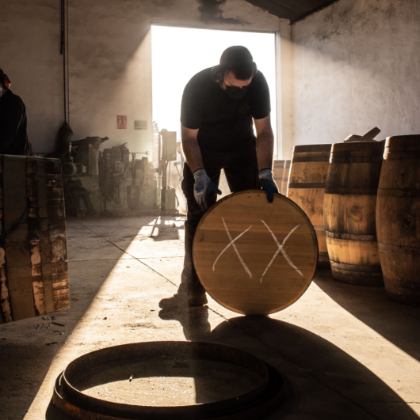
Barrels have been used to age spirits for quite some time, and it has become central to the flavors of a number of spirits, including whisky and rum, not to mention a large percentage of wine. The practice originated from when barrels were used to transport spirits on ships. People found that spirits not only took on the characteristics and color of the barrels, but that the spirits were more rounded, with fewer harsh elements, after some time in oak, one of the type of barrels used to age rum.
Over the years the practice became more established, with distillers using various types of barrels to age rum and other spirits, including white oak barrels, either from Europe or the US. Often these include barrels that have been used to age something else. In all of these cases, the specifics of the barrel influences the final spirit.
The types of flavors that oak imparts to a spirit – vanilla, sweetness, spice and more – all pair beautifully with rum’s intrinsic characteristics.
Different techniques to age rum
There are probably as many approaches to ageing rum as there are rum producers, with so many variables that affect the flavor of the finished spirit.
The type of oak, and what it held before, is the most obvious factor here. American oak famously contributes vanilla, popcorn and gentle toffee notes, while European oak is better known for its nutty influence. And if a barrel previously held another liquid – bourbon or sherry, most commonly – then that has an influence on the spirit too.
But there are various other variables to consider when it comes to oak ageing. A significant factor is how temperature affects rum ageing, for example. While some spirits such as scotch are aged in barrels in temperate climates for extended periods of time, rum is almost always aged in tropical climates, as this is where sugarcane is grown. The higher temperatures, and sometimes the variation between temperatures on a given day, causes the interaction between the oak and the rum to be significantly higher. This means that to achieve the same amount of influence from the barrels, far less time is required.
One of the most interesting approaches to barrel ageing comes from Spain, where sherries and brandies go through what is known as the solera system.
Solera rum aging system - How the solera system works
What is the solera system? It’s a way of barrel ageing that doesn’t use just a single barrel, but rather involves a series of barrels – otherwise known as a criadera – so that ageing occurs in an ongoing way, blending new spirits with old.
In practice, aging rum using the solera system is done by having multiple levels of barrels, all containing spirit of different ages. New spirit is filled into the top row, while finished rum is taken from the bottom level, ready for bottling. When this rum is removed, these lowest barrels are refilled from the level above, and so on.
What this means is that the rum is aged in a continuous way, being blended with rums both older and younger. The result is a coherent and consistent flavor profile throughout all of the spirits in the system. It also means that in any solera system there’s a tiny fraction of the very first spirit ever added to it.
It’s therefore difficult to determine exactly how long a rum is aged in a solera system, because the final spirit contains not only recent spirits that have gone through the system, but very old ones too.
How long is rum aged for?
As mentioned above, various elements affect the flavor of the eventual rum, but oak ageing is one of the main contributing factors. Further to this, one of the main factors when it comes to barrel ageing is the climate where a spirit is aged.
As a result, rum, which is usually aged in countries where sugarcane is grown, which tend to be warm, tropical places, experiences more influence from oak barrels than spirits grown in more temperate climates.
Rum, therefore, is almost always aged for less time than some other spirits that are aged in more temperate climates, because the oak influence is more intense in the warm countries where it is produced.
Does rum age faster than whisky?
Compared to whisky, which is often produced in more temperate places than rum – scotch and Irish whiskey in particular – rum is aged for a relatively shorter amount of time.
This is because the higher temperatures, and sometimes the big temperature differences between night and day, cause the oak to have a far bigger influence on the spirit.
This is why some whiskies are aged for decades, but this is very rarely seen in rum.
Share this article
Related News
Dark rum christmas Cocktails
The holidays bring people together. We know this. Sometimes it can be stressful, but more often than not, it can be joyful. One thing is certain. Holiday gatherings are best accomp
How is rum aged? Why rum is aged in barrels
Rum is one of the most diverse spirits out there, made all over the world and using a variety of methods. Many countries have centuries of rum production heritage, while
Rum Styles – Rum Styles from around the world
Rum has a rich and varied history that’s tied to the history of various countries around the world. It’s a spirit that’s woven into the story of the colonisation of the Carib
7 Rum types – Rum Colors and taste difference
Rum is arguably one of the most varied, diverse and exciting spirits, made in many different parts of the world, each with their own approach to distilling and ageing their product


